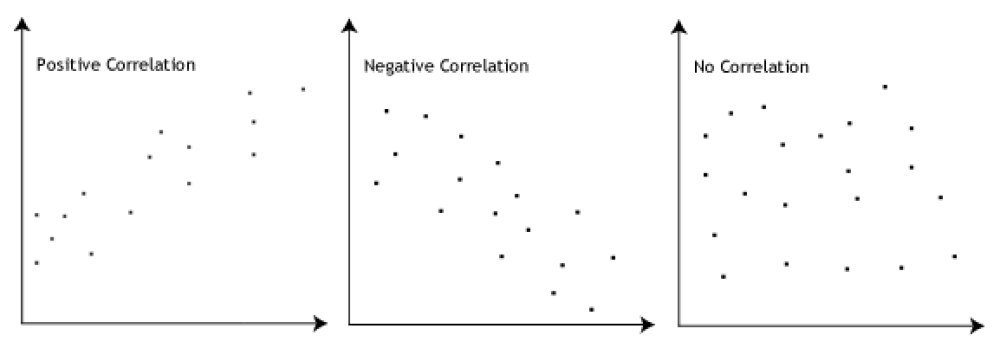Maximizing Summer Break: A Comprehensive Guide for IB Students
The International Baccalaureate (IB) program, renowned for its rigorous academic standards, often leaves students feeling overwhelmed, especially as they approach their final exams. However, the summer break presents a unique opportunity for these students to consolidate their knowledge, fill in gaps, and prepare for the upcoming academic year at their own pace. One of the key resources at their disposal is EduIB, which offers a plethora of study materials, including past papers and subject-specific resources. For instance, students can work through past papers under exam conditions to familiarize themselves with the format and timing of the IB exams. This practice not only helps students identify areas of weakness but also builds their confidence in tackling exam-style questions. In particular, for challenging courses like IB Math SL, students should review key topics such as algebra, functions, and trigonometry, and solve practice problems to reinforce their understanding and improve their problem-solving skills. Additionally, familiarizing themselves with the use of a graphical display calculator is crucial, as it is an essential tool in the IB Math SL course. However, while studying is important, it is equally crucial to balance it with leisure activities to prevent burnout. Engaging in activities that complement their studies, such as reading books related to their subjects of interest or visiting museums, can make studying more effective and enjoyable. In conclusion, the summer break is a golden opportunity for IB students to prepare for their exams. By utilizing resources like EduIB, focusing on challenging subjects like IB Math SL, and balancing study with leisure, students can enhance their knowledge, boost their confidence, and enter the new academic year fully prepared.
Read moreUnderstanding Linear Correlation: Definition, Use, and Interpretation
Linear correlation is a vital statistical concept that illustrates the relationship between two variables. It quantifies how these variables move in relation to each other, either increasing or decreasing simultaneously (positive correlation), or moving in opposite directions (negative correlation). The linear correlation coefficient, or Pearson's correlation coefficient, measures this relationship, with a value ranging between -1 and 1. Despite the power of this tool in representing the strength and direction of the relationship between variables, it is not without limitations. It is restricted to identifying linear relationships and might overlook other types of relationships such as quadratic or exponential. Moreover, the presence of outliers or confounding variables can influence the correlation coefficient and potentially lead to misleading interpretations. The importance of understanding and correctly interpreting linear correlation cannot be overstated, as it forms the foundation for statistical analysis in a myriad of fields. However, care must be taken to remember that correlation does not imply causation; even a strong correlation does not definitively establish a cause-effect relationship between the variables. Instead, it serves as a preliminary tool for identifying potential relationships that can be further investigated using more complex statistical models.
Read moreExploring the Differences between Linear Regression and Least Squares Regression
Linear regression and least squares regression, although related, have unique characteristics that distinguish them in the field of regression analysis. While linear regression aims to establish and quantify the linear relationship between variables, least squares regression focuses on estimating the coefficients that minimize the sum of squared differences between observed and predicted values. Linear regression serves as a versatile statistical technique employed across various domains. Its primary objective is to determine the nature and strength of the linear association between a dependent variable and one or more independent variables. By fitting a straight line to the data, linear regression provides insights into how changes in the independent variables affect the dependent variable. For example, it can be used to predict an individual's income based on their years of education or forecast the demand for a product based on its price. On the other hand, least squares regression is a method used within linear regression to estimate the coefficients that yield the best-fitting line. By minimizing the sum of squared differences between observed and predicted values, least squares regression seeks to find the optimal combination of coefficients that provides the closest approximation to the actual data points. This method takes into account the errors or residuals between the observed and predicted values, aiming to minimize their squared values to ensure an accurate fit. To ensure reliable results, both linear regression and least squares regression rely on certain assumptions. These include assumptions of linearity, independence, homoscedasticity (constant variance), and normality of residuals. Violations of these assumptions can lead to biased coefficient estimates and inaccurate predictions. In practice, researchers and analysts often employ linear regression for its broader scope in exploring relationships between variables, while utilizing the least squares regression technique to estimate the coefficients necessary for constructing the best-fitting line. Understanding the nuances and differences between these two approaches is crucial for accurately interpreting regression models and deriving meaningful insights from data. In conclusion, linear regression and least squares regression play distinct roles within the field of regression analysis. Linear regression focuses on characterizing the linear relationship between variables, while least squares regression is a specific method used within linear regression to estimate the coefficients that minimize the sum of squared differences. By comprehending their disparities, researchers can harness the power of regression analysis to make informed decisions, develop predictive models, and gain valuable insights into the complex relationships among variables.
Read moreUnlocking the Power of Recursive Formulas: A Comprehensive Guide and Examples
"In the realm of mathematical sequences, recursive formulas hold a key to unlocking a world of patterns and calculations. By defining each term in relation to its preceding terms, recursive formulas provide a powerful tool for understanding and predicting the behavior of sequences. In this comprehensive guide, we delve into the intricacies of recursive formulas, exploring their structure and functionality. From arithmetic sequences to the mesmerizing Fibonacci sequence, we unravel the secrets behind these formulas and showcase their applications. Through illuminating examples and step-by-step solutions, you'll gain the insight and skills to navigate and harness the power of recursive formulas. Whether you're a mathematics enthusiast, a student, or a curious mind, this guide will equip you with the knowledge to unravel the hidden patterns and unveil the magic within recursive sequences."
Read moreUnleashing Potential with EduIB: A Revolution in Education
EduIB is not just an online learning platform; it is a revolution in education, a beacon of knowledge that illuminates the path to success for learners worldwide. With its vast array of courses, expert educators, and flexible learning environment, EduIB is breaking down barriers and democratizing access to education. It is a platform that believes in the potential of every individual, fostering a community where learners are empowered to reach their full potential. Whether you're a lifelong learner, a professional seeking to upskill, or a student aiming to supplement your studies, EduIB is your partner in the journey of learning and growth. Join the EduIB revolution today, and take the first step towards a brighter, more knowledgeable future.
Read more






